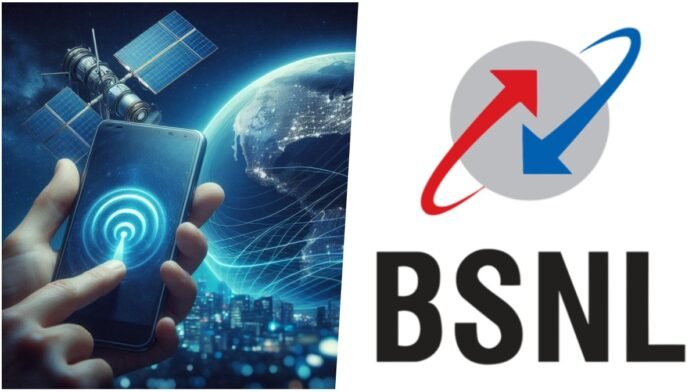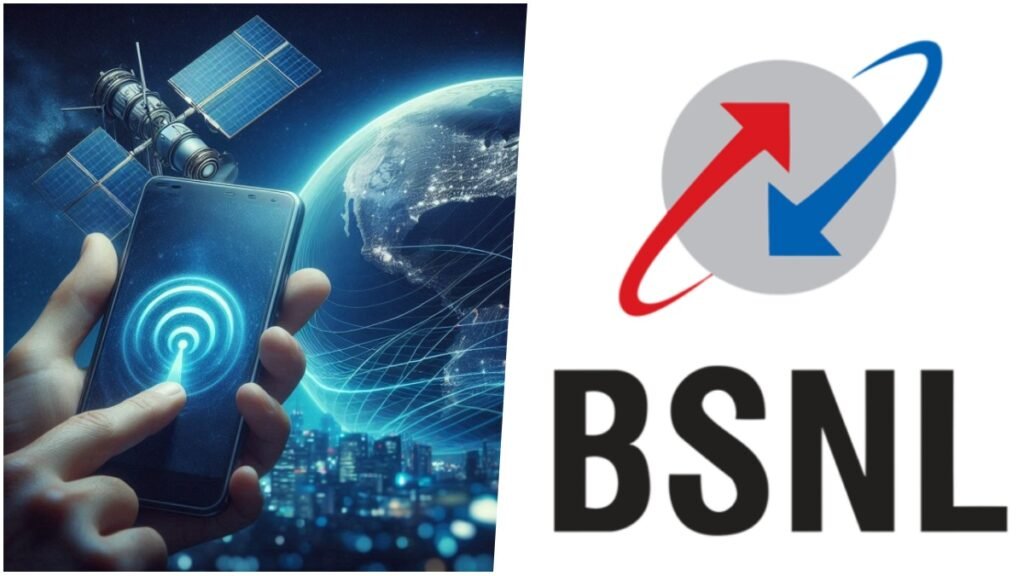
New Delhi: In a major technological breakthrough, Bharat Sanchar Nigam Limited (BSNL), India’s government-owned telecom provider, has introduced the country’s first satellite-to-device service, offering network-free connectivity across even the remotest locations. The Department of Telecommunications (DoT) announced this innovation on social media, showcasing how users can now make calls and send SMS without needing traditional network coverage.
In partnership with Viasat, a California-based global communications company, BSNL has leveraged satellite technology to bring this revolutionary service to India. The telecom giant demonstrated its satellite-to-device capabilities at the Indian Mobile Congress, providing a glimpse into the potential of this new technology for India’s vast geography.
BSNL’s Satellite-to-Device Service: A Lifeline in Remote Areas
A video shared by BSNL on the platform X (formerly Twitter) illustrates how this service works. In the video, a traveler in a hilly, network-deprived area easily makes a call using BSNL’s satellite connection. This real-time example demonstrates the utility of satellite connectivity, particularly in regions where conventional networks fail.
This service enables not only voice calls and SMS but also emergency communications and essential services like UPI payments, offering users a lifeline during emergencies. The satellite-to-device feature, initially introduced with Apple’s iPhone 14, has since been adopted by other devices and allows users to connect in situations where cellular networks are unavailable.
Rigorous Trials and Wide Device Support
BSNL has completed extensive trials of its satellite-to-device service, ensuring reliable connectivity through this cutting-edge technology. To utilize the service, however, devices must be satellite-compatible. While a few mobile providers previously introduced satellite-based features, BSNL’s offering is unique in its ability to facilitate everyday connectivity as well as emergency responses.
Powered by Viasat’s L-Band Satellite Technology
BSNL’s satellite-to-device service relies on Viasat’s powerful L-band satellites orbiting at an altitude of 36,000 kilometers. This collaboration brings high-stability, low-latency coverage, making it possible for users across India to stay connected, no matter how remote the location.
As India advances in telecom and connectivity, BSNL’s satellite-to-device service stands as a pioneering step, bringing a transformative solution that will enhance communication access nationwide, strengthen emergency response systems, and redefine rural connectivity for millions.

Elon Musk can start satellite broadband in India
Elon Musk’s company Starlink can provide satellite broadband internet service in India. Old mobile phone service providers use telecommunication towers to provide voice and internet services, in satellite communication or satcom, a group of satellites will be used to provide this service. Communications Minister Jyotiraditya Scindia said on Tuesday that Starlink is yet to comply with the security norms. Its license for satellite broadband services will be issued after it fulfills all the criteria for services in India.



















































